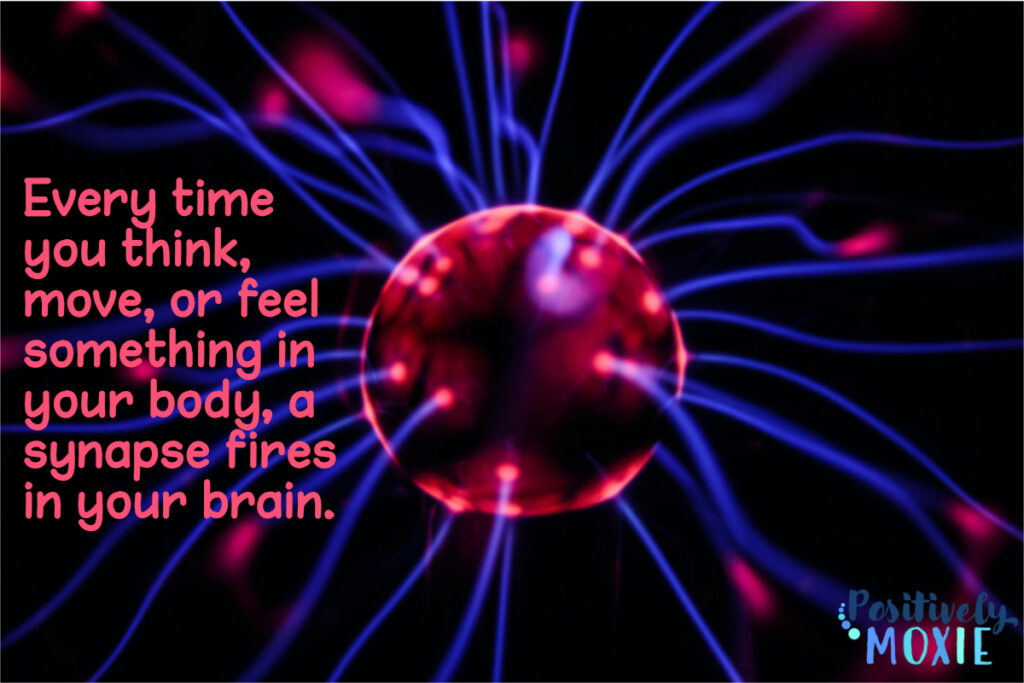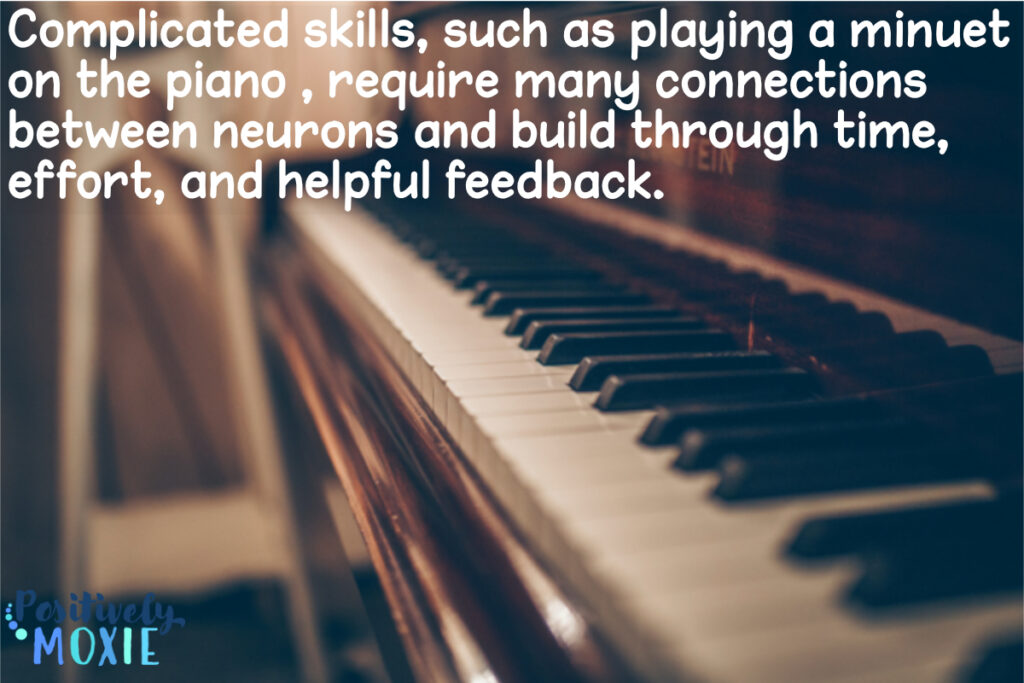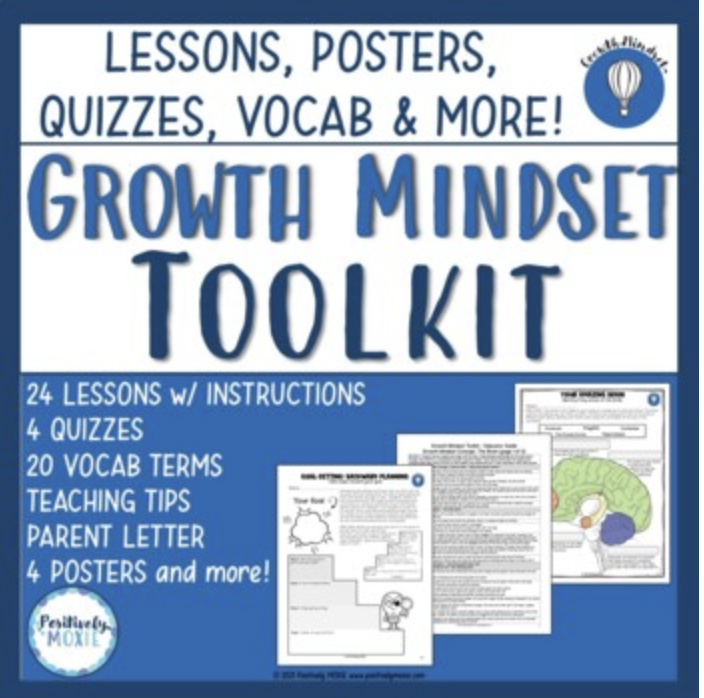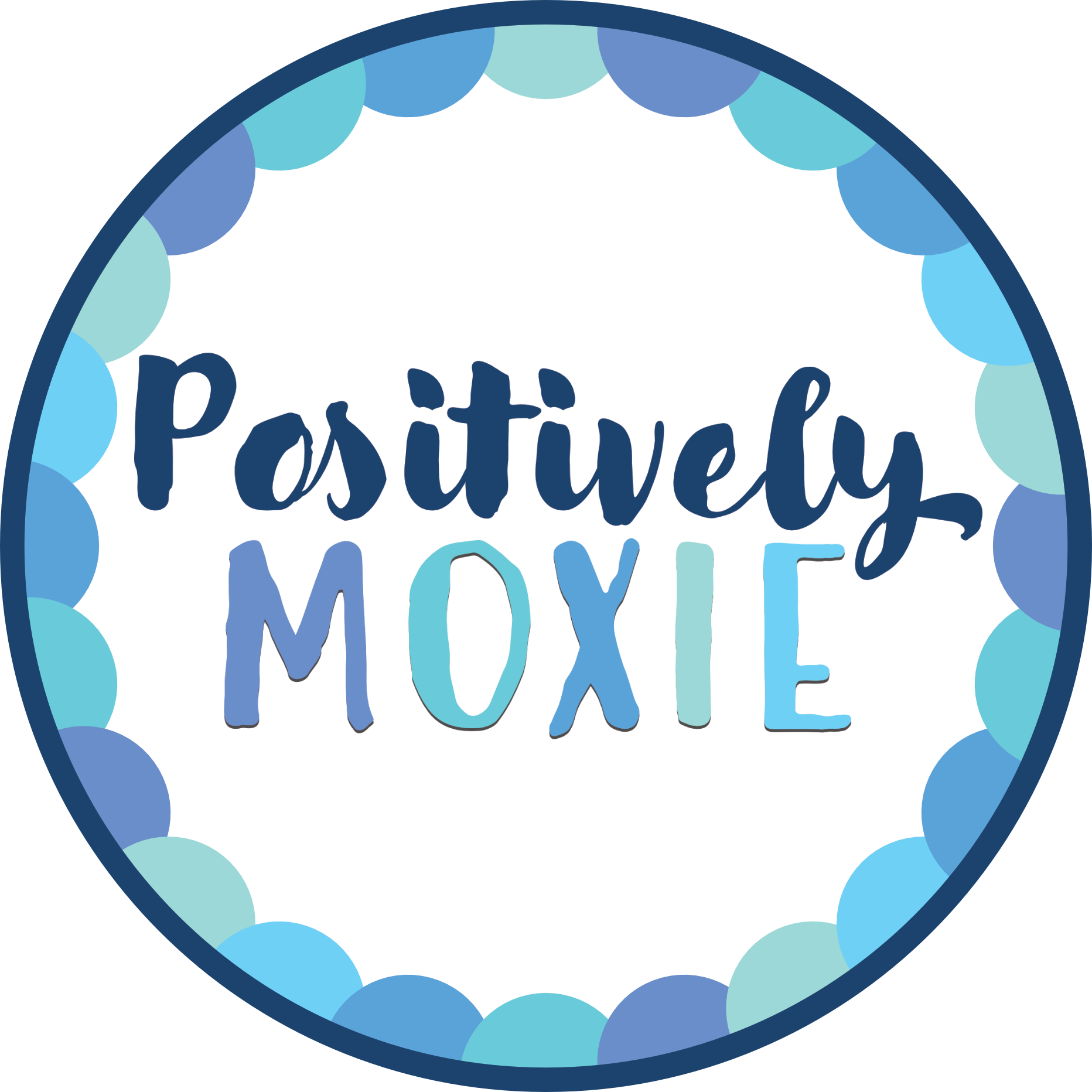Growth Mindset and the Brain
An important aspect of growth mindset for students is learning how the brain works. Activities for growth mindset must include basic neuroscience for students. The brain is like a muscle that grows and strengthens with practice. Learning the science behind growth mindset is empowering. Brain science has shown us that struggling to learn something new is actually a good thing because it helps build and strengthen new pathways in the brain.
Inside your brain, there are 100 billion neuron cells sending and receiving chemical and electrical signals with other cells in your body. As you have new experiences and learn new skills, the neurons in your brain begin connecting creating new pathways. The more a particular pathway is used, the stronger and thicker it becomes.
Our neurons build new connections in the brain every time we do something. Taking first steps, saying first words, or pedaling a bicycle for the first time builds connections. As you practiced and built up new skills, your neurons began connecting with each other. Soon, first steps turn into walking and running and counting numbers turns into multiplying numbers. With time, you can complete even more complicated tasks, such as throwing a ball, riding a bicycle, playing an instrument, reading and writing paragraphs, and making friends.

What is neuroplasticity?
Your brain’s ability to change and build new pathways is called neuroplasticity. Neuro refers to nerves in our brain and plasticity means that our brain can change, just like plastic can change shape.
Your growing brain will sprout thousands of dendrites, which look like branches and connect with other neurons at the neuron’s synapses. These wildly growing dendrite branches resemble a wild and sprawling bush. As you get older, your brain begins pruning these dendrites to become more efficient. The pathways that are not used the least get pruned first and the pathways that are used most become bigger and stronger. Complex skills, such as playing a minuet on the piano, require many connections between neurons and take more time, effort, and help to build. Your brain becomes stronger with more connections, as demonstrated by this video from YouCubed.
If you play the piano or any other instrument, you are strengthening your musical pathways. If you stop playing an instrument, those parts of your brain might get pruned. The same goes for math (or any subject) – If you don’t like something and you avoid it because it is hard for you, the part of your brain that works with it will weaken and might get pruned to make room for new connections. However, if you keep studying, even when it is hard for you, you will strengthen your brain for life.

How does learning work?
When you sense, think, feel, or move something in your body, a synapse fires in your brain. A synapse forms where dendrites from different neurons reach out to connect with each other. They send an electrical current forming a new pathway. The more you return to a thought or idea, the stronger the pathway becomes. It is like what happens when you mark on sand. If you don’t go back to an idea, it will wash away. If you spend time thinking about it, the pathway will strengthen.
Pathways form anytime you learn something new. When you study and reflect on information, it grows and stays. When you read, build something, have a conversation, or even make a mistake you are actually learning and growing. The more deeply you think and struggle with an idea, the more your brain grows! Just like your muscles, your brain will become stronger through practice, persistence, and helpful feedback. So, get to work on building those pathways in your brain! Students who understand that the brain can get smarter – who have a growth mindset – excel in all areas because they have an empowering perspective on learning.

Our Growth Mindset Toolkit is designed to help youth understand and practice growth mindset. It contains over 90 pages of growth mindset activities and lessons with a strong emphasis on learning about the brain and neuroplasticity.

